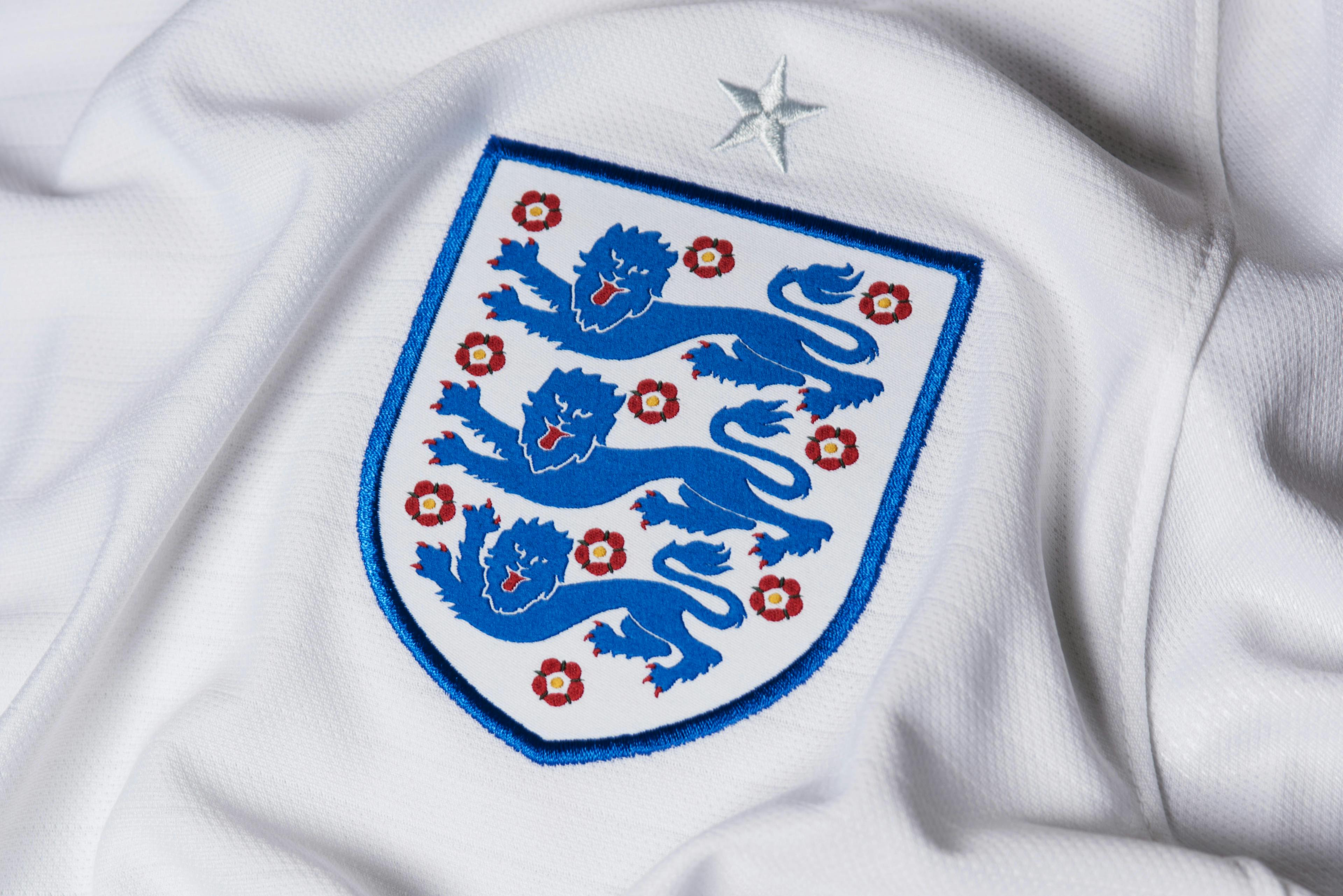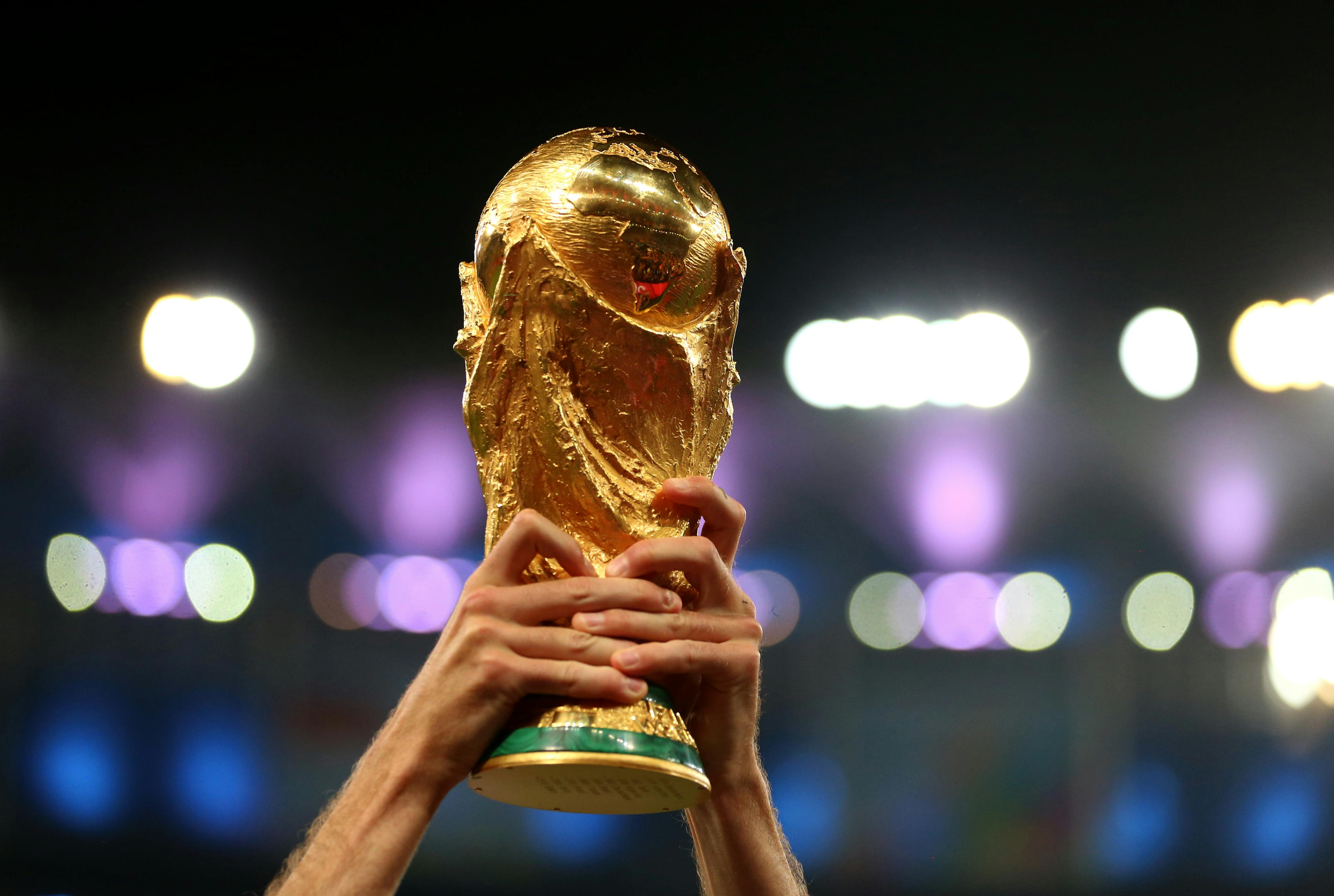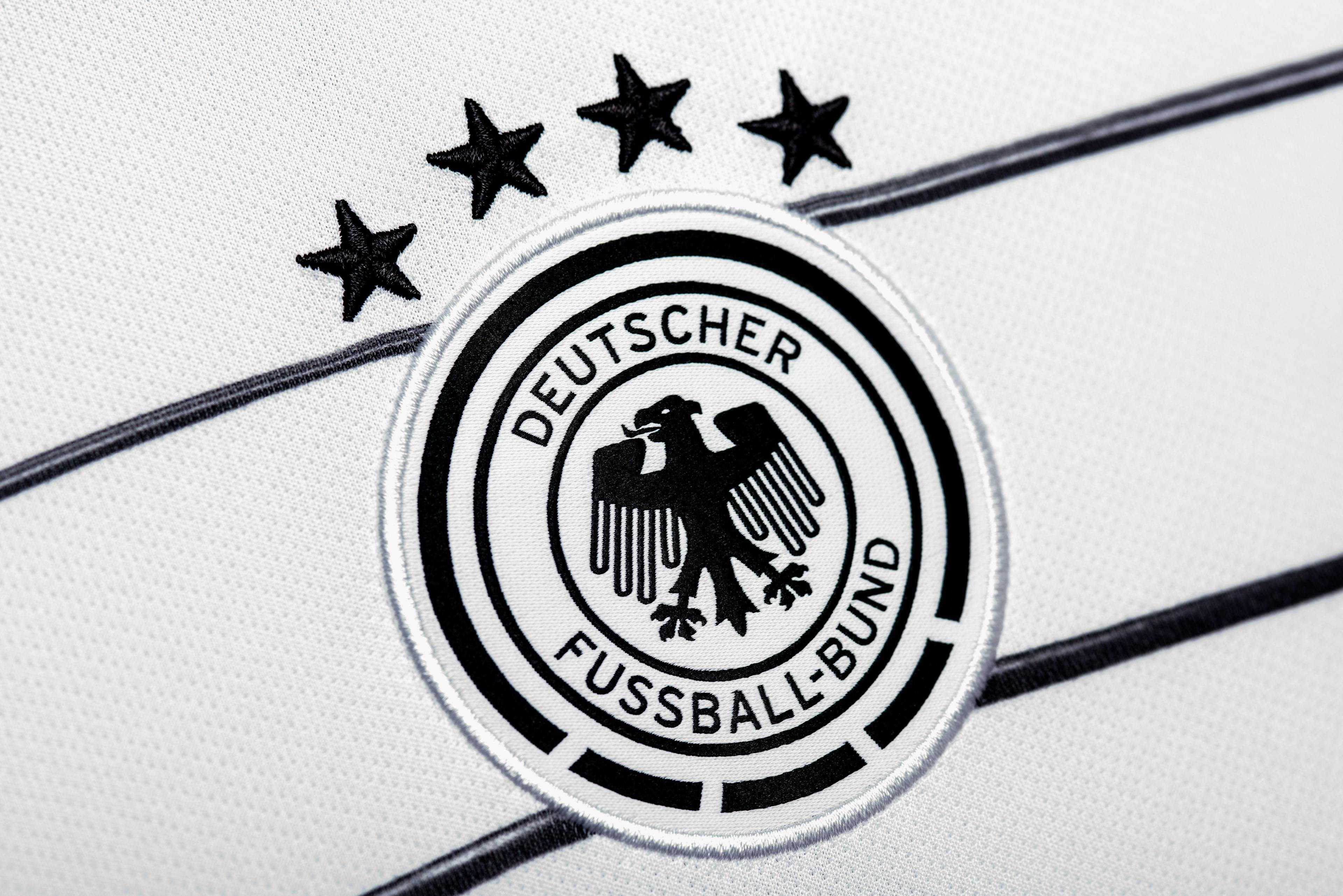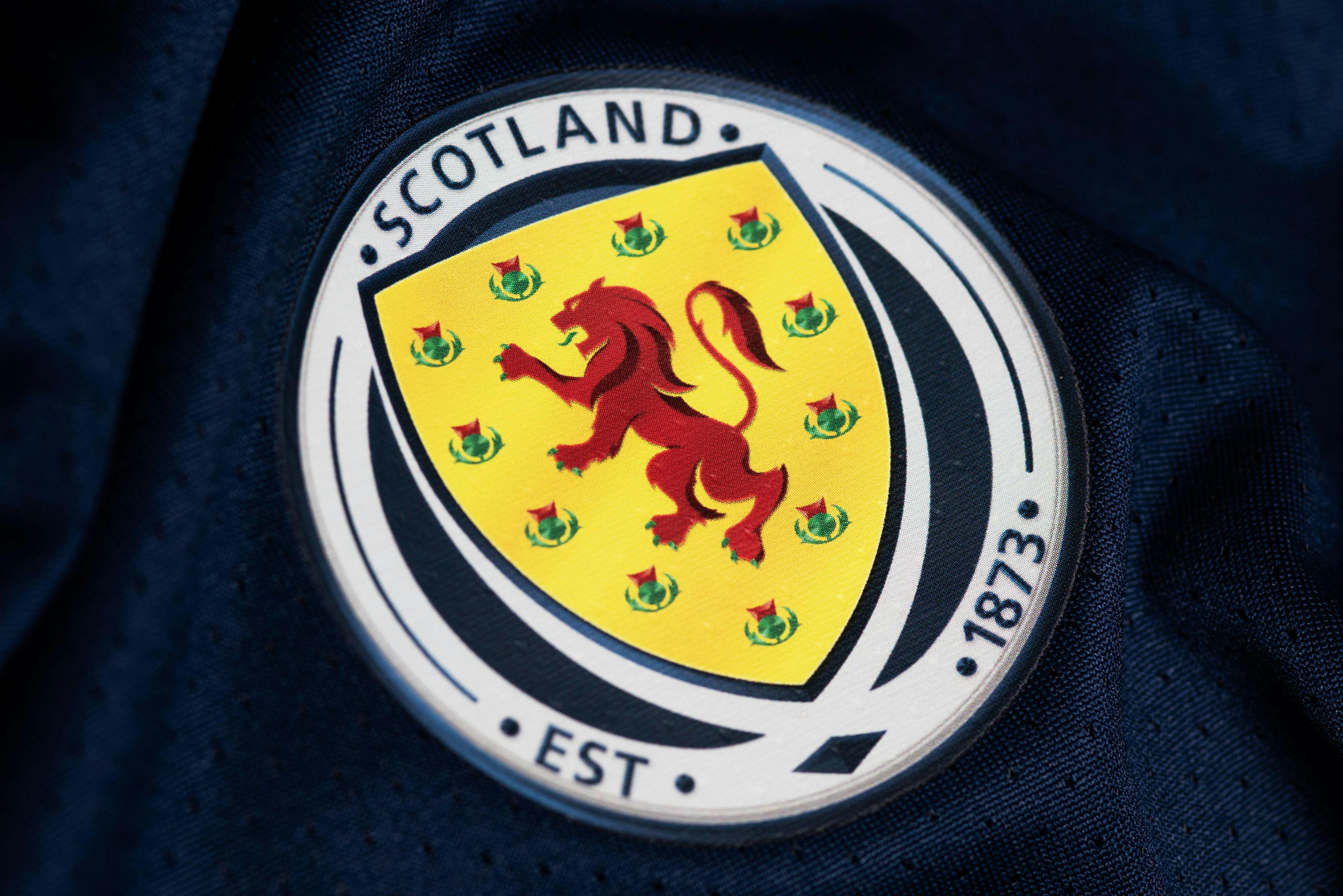Our International Football news section provides insight into all of the international games that take place across the world each year. We look to share our analysis, predictions & insights for these international matches here.
Bet Slip
International Football
Latest International Football news
Latest International Football News

Albania vs England: 50/1 Super Bet Builder Tip with BOYLE Sports 25% Boost - 16th November 2025
England lock horns with Albania as they look to round off their 2026 World Cup qualifying campaign with a win. The Three Lions are aiming for perfection in qualifying as they look ...

Wales vs Belgium: 128/1 Mega Bet Builder Tip 13/10/2025

Portugal vs Ireland: 50/1 Super Bet Builder Tip with BOYLE Sports 25% Boost - 11th October 2025

Football Accumulator Tips: 47/1 World Cup Qualifying Accumulator Tip

Serbia vs England: 60/1 Super Bet Builder Tip

Germany vs Northern Ireland: 71/1 Super Bet Builder Tip

Denmark vs Scotland: 50/1 Super Bet Builder Tip

England vs Andorra: 50/1 Super Bet Builder Tip with BOYLE Sports 25% Boost - 6th September 2025

England to win at 50/1 with Sky Bet's New Customer Offer (05/09/2025)
